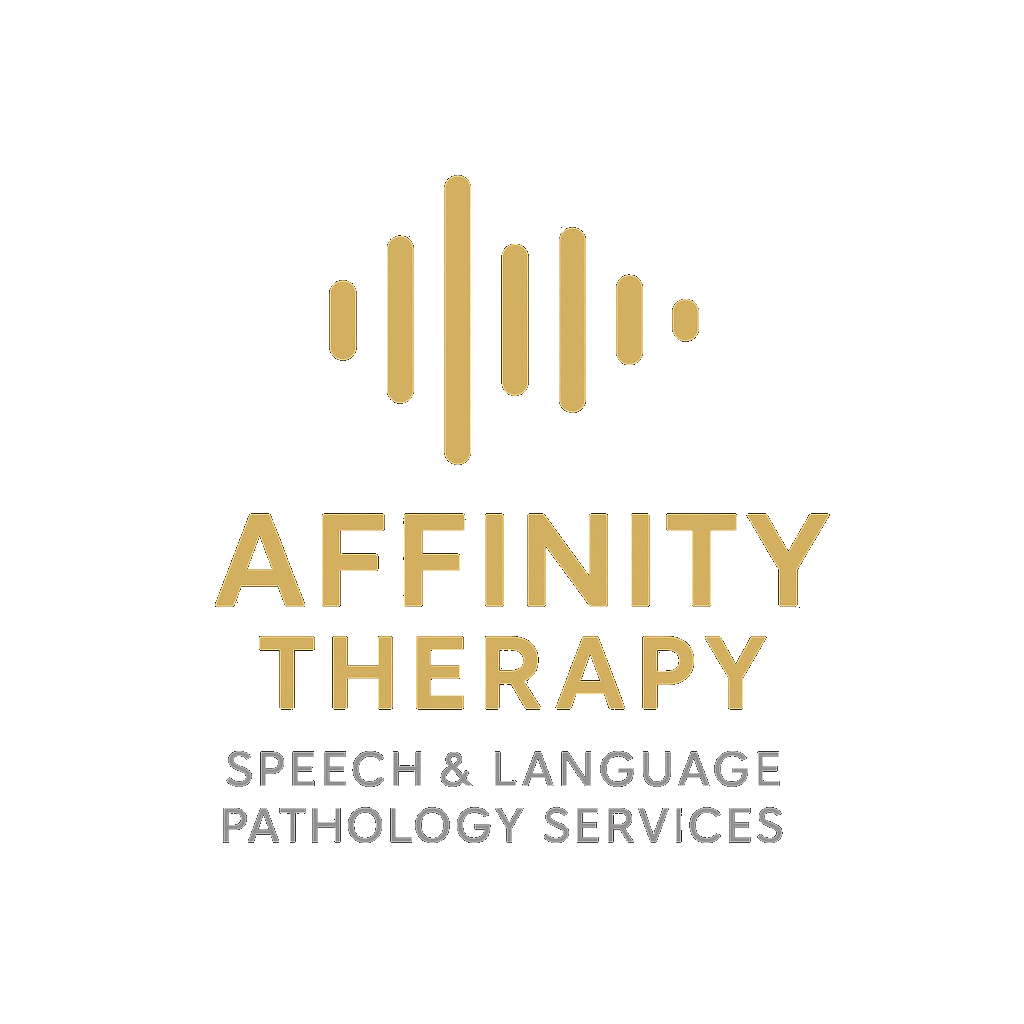Aphasia’s Impact on Daily Communication

Aphasia is a language disorder that affects a person’s ability to communicate effectively. It most commonly occurs after a stroke or other neurological injury and can significantly impact day-to-day interactions. The effects of aphasia vary from person to person but often influence the following areas:
Speech Production
Individuals with aphasia may experience difficulty expressing themselves verbally. This can present as:
• Slow or effortful speech
• Frequent pauses
• Use of nonsensical or made-up words (often referred to as “jargon”)
• Substituting incorrect words for intended ones
Comprehension
Aphasia can also affect a person’s ability to understand spoken language. You may notice:
• Delayed response time
• Difficulty following conversations
• Requesting frequent repetition
• Providing responses that don’t match the question asked
Reading and Writing
Aphasia does not only impact spoken communication. Reading and writing skills are often impacted as well. Individuals may struggle to:
• Understand written text
• Spell or put together written sentences
• Read or write at the level they did prior to their neurological event
How Can a Speech-Language Pathologist (SLP) Help?
Speech-language pathologists play a vital role in supporting individuals with aphasia. Therapy may focus on:
• Enhancing word-finding abilities
• Improving grammar and sentence structure
• Increasing the natural pacing and fluency of speech
• Teaching communication strategies for both the individual and their communication partners
With the right support and individualized interventions, individuals with aphasia can make meaningful progress in their communication abilities and regain confidence in daily interactions.
Marina Coakley, M.S., CCC-SLP
Looking for More Insights?
Browse our collection of expert articles and guides.